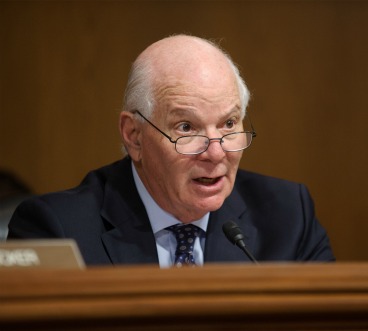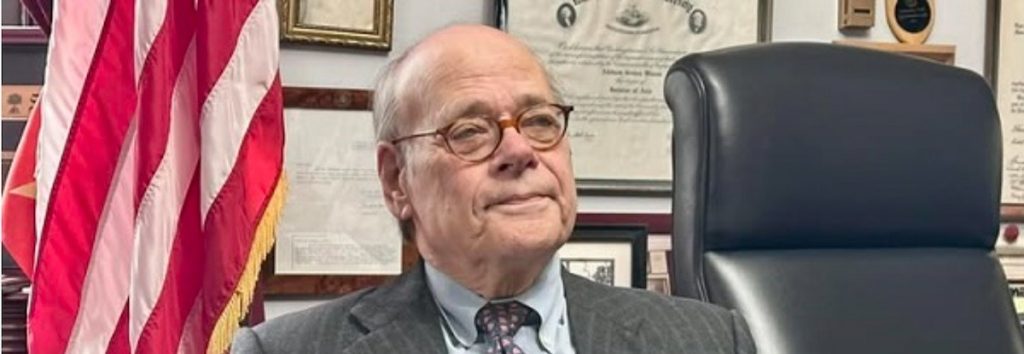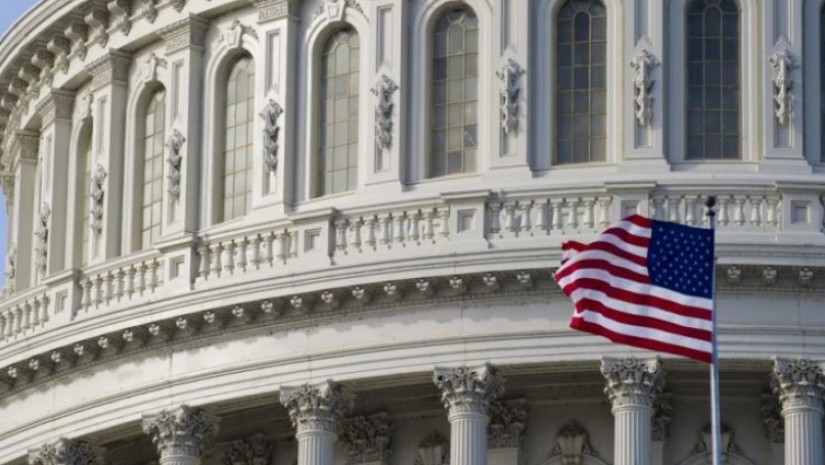Mr. Speaker, as Ranking Member of the Commission on Security and Cooperation in Europe, the Helsinki Commission, I note that tomorrow marks one of the major events in the struggle for human rights around the globe. Thirty years ago a courageous band of human rights defenders in the Soviet Union founded the “Moscow Helsinki Group,” dedicated to monitoring Soviet compliance with the Helsinki Final Act, an historic agreement containing important provisions on human rights.
When General Secretary Brezhnev signed the Helsinki Final Act, or the Helsinki Accords, on August 1, 1975 on behalf of the USSR, Soviet officials believed that they had gained an important foreign policy victory. Indeed, there were some provisions that Soviet diplomats had sought assiduously during the negotiations among the thirty-five nations of Europe and the United States and Canada. However, the West, for its part, had insisted on certain provisions in the area of human rights and humanitarian affairs, including the right of citizens “to know their rights and to act upon them.”
With this commitment in mind, Professor Yuri Orlov, a Soviet physicist who had been involved in the defense of human rights in the Soviet Union previously, called upon several of his similarly-minded colleagues to join together in an organization to press publicly for implementation of the Helsinki Accords in their country.
Eleven brave individuals answered the call, and on May 12, 1976, at a press conference called by famed human rights campaigner and peace activist Dr. Andrei Sakharov, the creation of the “Public Group to Assist in the Implementation of the Helsinki Final Act,” or as it became later known, the “Moscow Helsinki Group” was announced.
The Moscow Helsinki Group committed itself to collecting information about implementation of the Helsinki Accords in the Soviet Union and publishing reports on their findings. During the first six years of its activity, they produced almost two hundred specific reports, as well as other announcements and appeals. More activists joined with the passing months. Similar Helsinki monitoring groups were established elsewhere in the USSR, including in Ukraine, Lithuania, Georgia and Armenia. Other groups focused on specific human rights issues such as psychiatric abuse or religious liberty joined the movement. The Moscow Group became an important source of information for individuals and groups seeking assistance in the area of human rights.
Naturally, the Soviet leadership rejected such “assistance” and undertook to suppress the Moscow Helsinki Group. Members were fired from their jobs, “persuaded” to emigrate, castigated in the press, and subjected to KGB searches and interrogations. When such reprisals proved mostly ineffective, members were charged with political crimes and given lengthy sentences in labor camps of the Soviet gulag, usually with an additional term of “internal exile,” forced resettlement, typically somewhere in Siberia or the Soviet Far East.
Ten years after the founding of the Moscow Helsinki Group, fourteen members had been sentenced to a total of sixty nine years in labor camp or prison, and fifty years internal exile. Anatoly Marchenko, a founding member and veteran dissident, died during a hunger strike at Chistopol Prison in December 1986. By 1982, the Moscow Helsinki Group had been forced to suspend its activities in the face of intense KGB repression.
But while Moscow had rid itself of some troublesome dissidents, the spirit of Helsinki was not so easily quashed. Ludmilla Alekseyeva, an exiled member of the group, testified in the U.S. Congress in October 1985 that “for victims of human rights abuses in the Eastern bloc, Helsinki remains the main source of hope…and a rallying point in their struggle for freedom and peace.” Just a little over four year after she spoke those words, the Berlin Wall fell.
The Moscow Helsinki Group was re-established in 1989. Reinvigorated through the work of new and veteran members, it is one of the most respected human rights organizations in the Russian Federation today. Alexeyeva, who returned to Russia in the early 1990s, following the demise of the Soviet Union, serves as chair of the group.
Mr. Speaker, we would do well to heed the wise words of Andrei Sakharov when he noted, “The whole point of the Helsinki Accords is mutual monitoring, not mutual evasion of difficult problems.” A key to the ultimate success of the Helsinki Process has been the involvement of civil society, courageous human rights defenders like those who established the Moscow Group, willing to speak out on behalf of others. I remain deeply concerned over human rights trends in Russia, especially the adoption of regressive laws affecting fundamental human rights and freedoms.
I join my colleagues on the Helsinki Commission in congratulating the Moscow Helsinki Group on the occasion of its 30th anniversary of dedicated service in the defense of fundamental freedoms and liberty.












